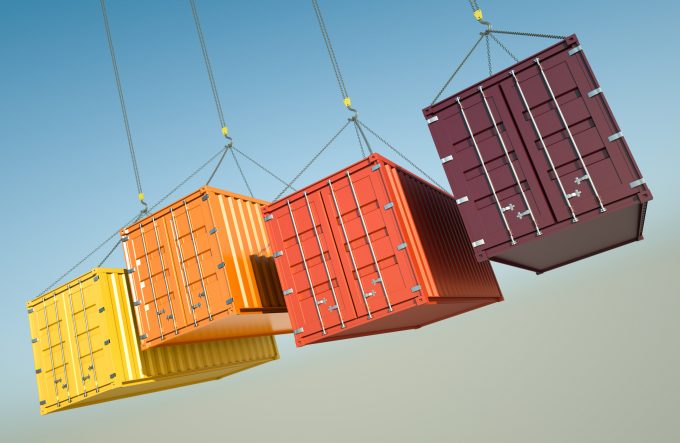Project cargo: oversized and heavy, posing risks outside the norm for ports
With project and so-called ‘oversized’ cargo forming an increasing element of handling activities at ports, ...

Global shipping insurer TT Club has commended Maersk’s decision to begin random spot checks on containers and wants more carriers to follow its example.
Risk management director Peregrine Storrs-Fox told The Loadstar: “We are lobbying the IMO to make changes to its inspection programme, which despite the ...

Comment on this article